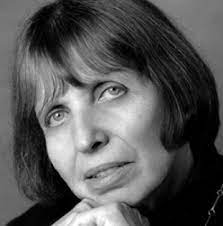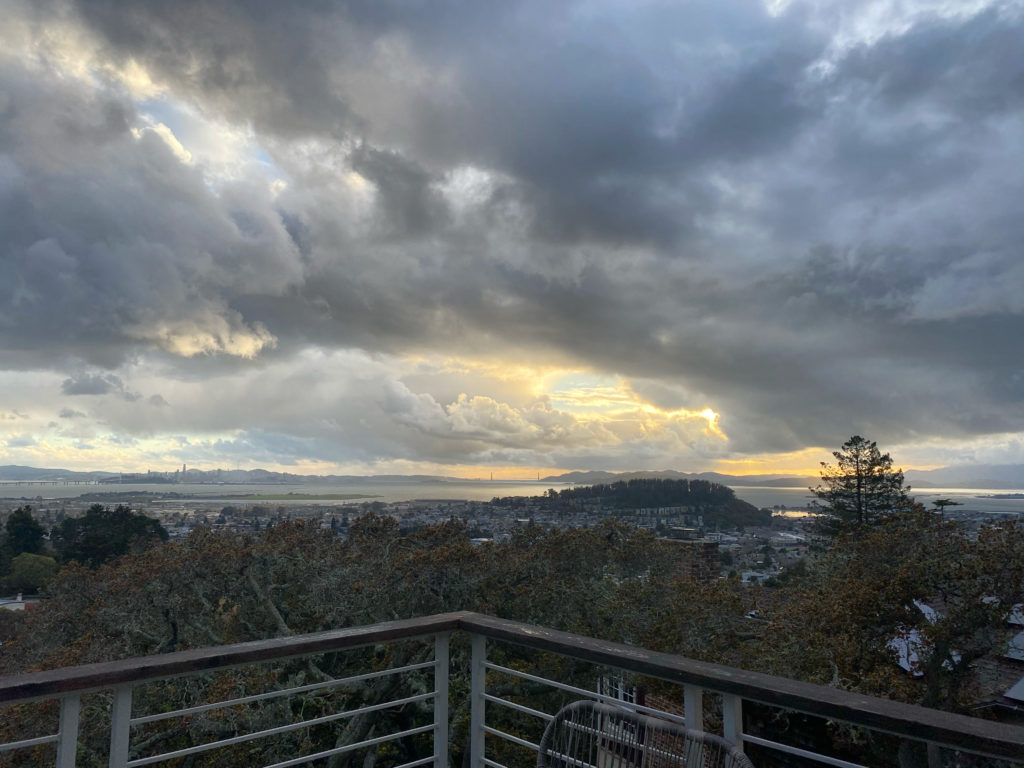Given how much can be packed into a few lines, it’s surprising how many long poems there are! This one even rhymes.
History
The past has been a mint
Of blood and sorrow
That must not be
True of tomorrow.
Langston Hughes
Given how much can be packed into a few lines, it’s surprising how many long poems there are! This one even rhymes.
The past has been a mint
Of blood and sorrow
That must not be
True of tomorrow.
Langston Hughes
 Linda Pastan died in January this year, and this seems an appropriate poem to post for her. She was born in 1932 and went to Radcliffe. During her senior year, Pastan won a collegiate poetry prize sponsored by Mademoiselle magazinem a contest in which Sylvia Plath placed second. I wonder how that felt later on.
Linda Pastan died in January this year, and this seems an appropriate poem to post for her. She was born in 1932 and went to Radcliffe. During her senior year, Pastan won a collegiate poetry prize sponsored by Mademoiselle magazinem a contest in which Sylvia Plath placed second. I wonder how that felt later on.
I saw my name in print the other day
with 1932 and then a blank
and knew that even now some grassy bank
just waited for my grave. And somewhere a grey
slab of marble existed already
on which the final number would be carved—
as if the stone itself were somehow starved
for definition. When I went steady
in high school years ago, my boyfriend’s name
was what I tried out, hearing how it fit
with mine; then names of film stars in some hit.
My husband was anonymous as rain.
There is a number out there, odd or even
that will become familiar to my sons
and daughter. (They are the living ones
I think of now: Peter, Rachel, Stephen.)
I picture it, four integers in a row
5 or 7, 6 or 2 or 9:
a period; silence; an end-stopped line;
a hammer poised … delivering its blow.
Linda Pastan, from Paris Review
All week we’ve been getting the rain we wanted so much the last few years. I know floods and snowstorms are plaguing much of the state, but here it’s just wet. I love watching the storms roll through the bay.
 Clouds drive westward.
Clouds drive westward.
Waves pound shoreward.
It’s not raining underwater.
According to legend, when John Berryman taught a poetry workshop at Iowa, his class was oversubscribed. He assigned a sonnet to everyone who wanted to attend and picked the attendees based on their work. This is the sonnet that Donald Justice submitted:
 The Wall
The WallThe wall surrounding them they never saw;
The angels, often. Angels were as common
As birds or butterflies, but looked more human.
As long as the wings were furled, they felt no awe.
Beasts, too, were friendly. They could find no flaw
In all of Eden: this was the first omen.
The second was the dream which woke the woman.
She dreamed she saw the lion sharpen his claw.
As for the fruit, it had no taste at all.
They had been warned of what was bound to happen.
They had been told of something called the world.
They had been told and told about the wall.
They saw it now; the gate was standing open.
As they advanced, the giant wings unfurled.
If I had been in that workshop, I would have suggested the following edit:
The wall surrounding them they never saw;
The angels, often. Angels were as common
As birds or butterflies, but looked more human.
As long as the wings were furled, they felt no awe.
Beasts, too, were friendly. They could find no flaw
In all of Eden: this was the first omen.
The second was the dream which woke the woman.
She dreamed she saw the lion sharpen his claw.
They had been warned of what was bound to happen.
They had been told of something called the world.
They had been told and told about the wall.
They saw it now; the gate was standing open.
As they advanced, the giant wings unfurled.
As for the fruit, it had no taste at all.
Would love to know what you think.